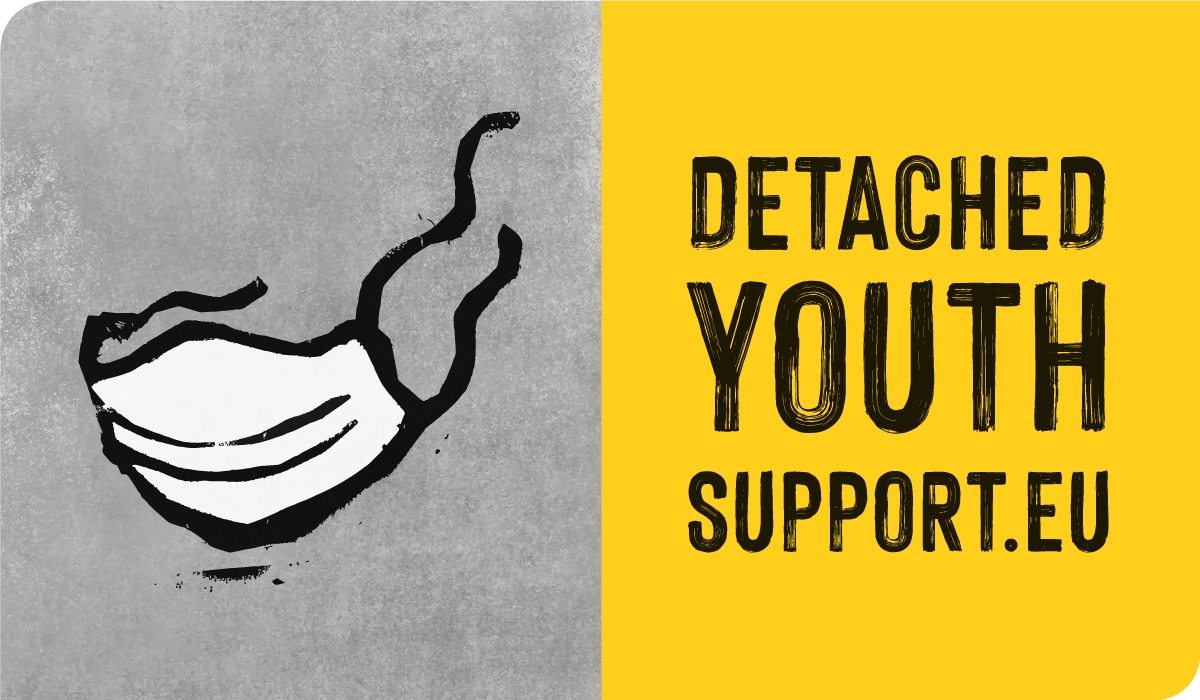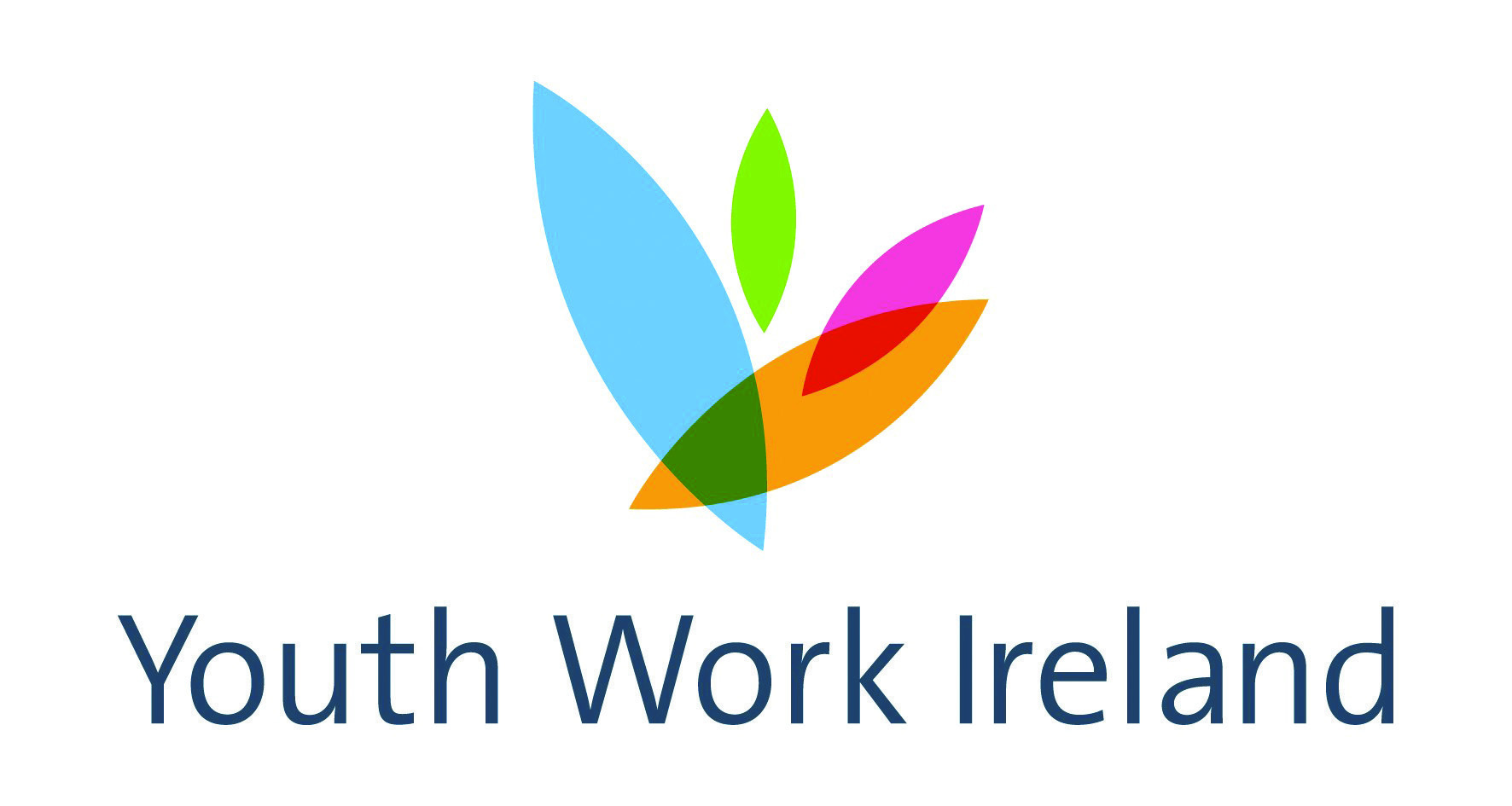Report: The socio-economic impact of the COVID-19 pandemic on socially excluded youth in Europe
Street engagement with socially excluded young people critical during lockdown according to Dynamo International.
Young people who were vulnerable and at risk of disconnecting from society and supports are now further disconnected than before Covid according to a new report on “detached” or street youth work by Dynamo International, funded by Leargas and Erasmus+. Those already facing challenges will be in a worsening position and experience a complete disconnect from services or supports, increasing the number of NEETs (not in employment, education or training). These young people are at risk of long-term extreme social exclusion and poverty. The youth organisation has worked with similar groups in Ireland, Finland, Sweden and Austria who have used their specialist expertise to evidence the importance of working with people on the street and in communities in the context of the pandemic.
A consequence of lockdown is that the number of young people disconnected from employment, education and training supports will increase. In Belgium, for example, young people have been disproportionately affected by COVID-19 unemployment. Young people across Europe are currently sharing in a uniquely universal experience – lockdown and post-lockdown society.
Detached youth workers address the social economic impact of the COVID-19 pandemic on young people in Europe. Those young people who were vulnerable and at risk of disconnecting from society and supports are now more vulnerable and further disconnected than before. Those already facing challenges will be in a worsening position and experience a complete disconnect from any services or supports, increasing the number of “inactive NEETs” (not in employment, education or training). These young people are at risk of long-term extreme social exclusion and poverty.
Detached responses are relevant as the most prevalent theme which emerged from the research was isolation/alienation. Young people who were previously socially excluded are now experiencing more extreme forms of social exclusion. Extreme exclusion can lead to concerning social issues such as radicalisation, a growing concern in Europe. In the context of the COVID-19 crisis we are seeing a rapid growth in less usual forms of radicalisation and the emergence of new types of extremist ideas and networks based on conspiracy theories and fake news, much of which is exploited by radical recruiting groups. Detached youth work is uniquely able to engage with isolated and alienated young people due to its disbursed nature.
The research draws upon Eurofound’s (2016) Exploring the Diversity of NEETS. Which found that today’s young people’s transition into adulthood is more complex and prolonged than previously, with more individualised and varied paths. NEETs have a wide variety of needs, this group is made up of a mix of young people who are not accumulating human capital through formal channels, whether voluntarily or involuntarily. The recession COVID-19 has already triggered is leading to reduced education and employment opportunities, exacerbating the situation for NEETs.
We also know from Eurofound’s research that the solution for supporting disconnected young people is undeniably, outreach. There is a need to focus on young people who are most socially excluded and least likely to transition successfully from lockdown. Here is where the skills and energy of detached youth work come to the fore.
Respondents in the research found the best practices to be being constantly visible to young people, providing packs to homes, engaging in digital youth work, and socially distanced street work. Going forward, they will need a continued focus on street work and detached delivery, increased focus on mental health, social work and support for basic security and increased focus on advocating for NEETs and employment supports. The crucial element is being present, visible and available through detached outreach.
Detached work is a viable practical method considering current restrictions, thus practical considerations such as providing youth workers with sufficient PPE will remain important. As regards practice, increasingly innovative methods are needed. This requires additional supports and professional development opportunities to empower street teams and detached youth workers to use their creativity, experiment and explore new ways of reaching young people. Methods should reflect the diversity of the main target group. For policymakers, the core is that the main target group, NEETs, already existed and this pandemic is exacerbating their situation. This group is diverse, and a one-size-fits-all solution will not be enough. The diversity of the issues facing NEETs should not be a deterrent from addressing their needs.
➔ Read the full report
For more information on the work of this group of European associations:
➔ detachedyouthsupport.eu
Our partners in this project :
With the support of :








